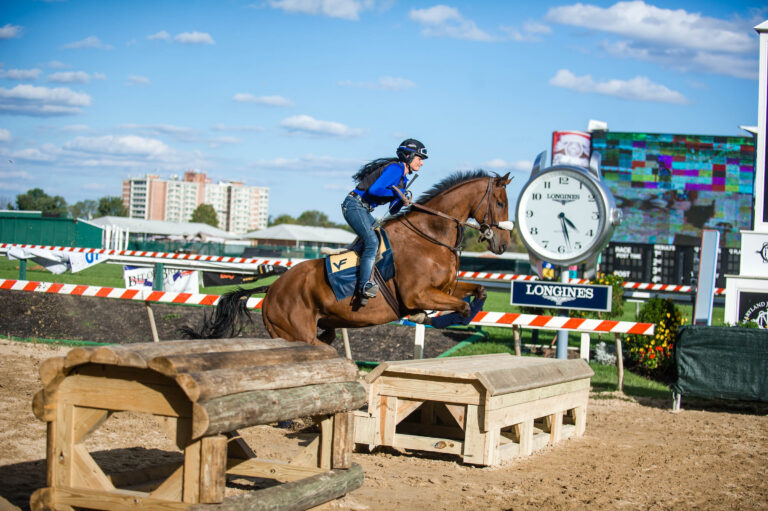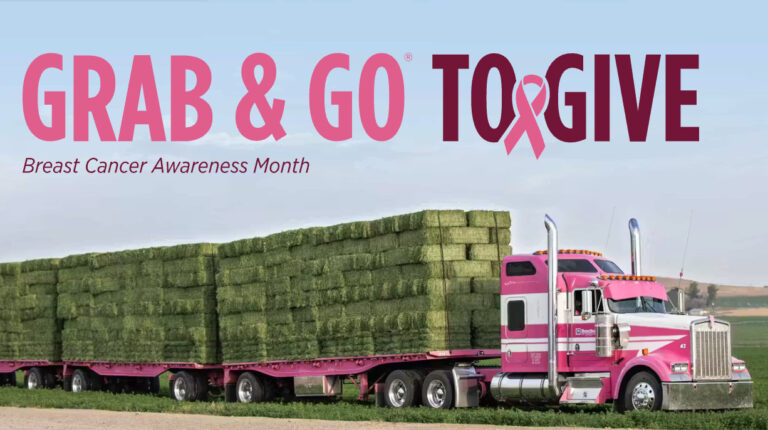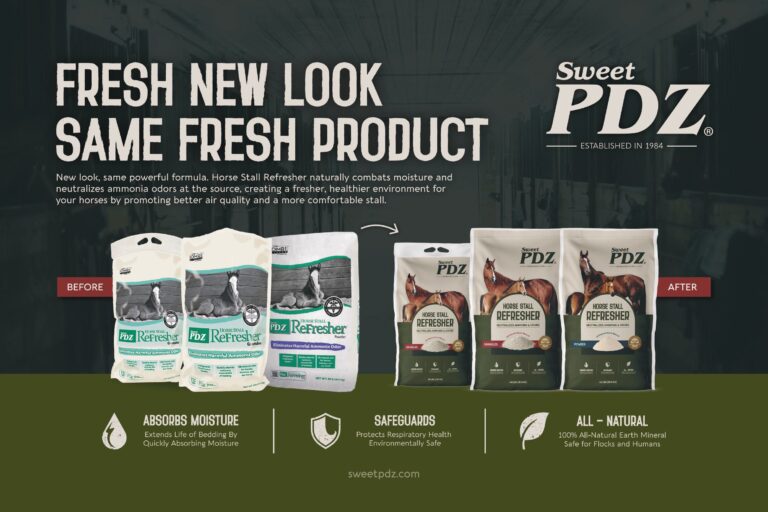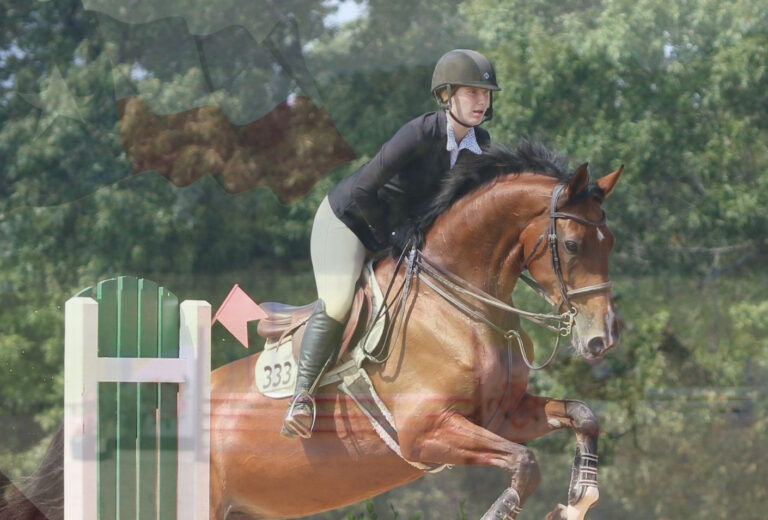 Kelly Gage and the 14.1 Welsh Cob mare, Bro A Bryn Swirnai | © BobTarr.com
Kelly Gage and the 14.1 Welsh Cob mare, Bro A Bryn Swirnai | © BobTarr.com“I also discovered something that many riders never realize: Most top-level trainers are friendly and happy to help others, no matter what your background is.”
I always thought I’d be a lower-level dressage queen for life. As a kid growing up in a supportive but nonhorsey family, I wanted to compete at the upper levels but didn’t have the connections or horse quality to carry me there. Always emphasizing the importance of education, my parents paid for lessons, Pony Club and local shows, instead of a schoolmaster and big-time competitions. This was a gift I didn’t appreciate until much later.
I left the East Coast to attend the University of Kentucky, fell in love with the area and stayed. After graduating, I supported my amateur riding career by working in journalism and marketing before taking a job at Amazon.com’s local office.
Kentucky was an entirely different universe compared to the East Coast. There wasn’t the same access to top instructors, facilities and shows. I spent three years as a working student for an FEI rider but wanted to learn and grow more. So in 2008 I founded Team EnGaged LLC, a company dedicated to offering affordable, accessible clinics with world-class instructors.
Starting up, I encountered many challenges: unpredictable weather, marketing, scheduling around riders’ busy show seasons, getting people to actually commit to coming, and facing having to foot the bill myself if clinics weren’t filled or had to be canceled.
I approached instructors I knew only through books and magazines. My criteria were simple: They had to be either riders on the FEI or national rankings lists or national or international coaches. I also lined up sponsors and supporters, such as Dressagetrainingonline.com and Pennfields Feed, who helped spread the word.
My venue wish list started with excellent footing, followed by quality stabling, arena coverings and other amenities. I approached facilities with a business plan including insurance and arena fees (covered by me) alongside aggressive marketing and media relations to promote the event. I insisted that the clinics allow outside riders and take on as many auditors as possible (usually keeping the latter fees between $20 and $30 per day).
In the first year, I managed clinics with international eventer Stephen Bradley, FEI 4* judge Christoph Hess and several others. Since then, I’ve hosted Edward Gal, Shannon Peters, Ulf Moeller, Debbie McDonald, Robert Dover, William Fox-Pitt, J.J. Tate, Lendon Gray and many more.I now put on about 10 clinics a year across the U.S. and Canada—and my mailing list has grown from 25 locals to approximately 6,000 people internationally.
In the process, I’ve learned that it’s human capital that makes or breaks you in the horse industry. Satisfied clients are your biggest and broadest investments. Through social and traditional media, people get the word out about my clinics. Riders continue to disseminate information long after the clinics are over—and sponsors make videos of the rides available online to the general public.
I also discovered something that many riders never realize: Most top-level trainers are friendly and happy to help others, no matter what your background is. By being personally accessible, they inspire riders and open doors to new, unimaginable opportunities. As my clinic participants ride and watch they begin to believe, “I can do this!”
The best part of my job is seeing riders and horses progress. The community has evolved, too. It’s a “living network” in which everyone can ask questions, exchange information and continue growing. We help each other tackle common problems, not just about riding, but about basic business skills, finding horses, creating syndications and just getting around.
I’ve learned that we all face the same problems: finding funding and quality horses, getting access to top coaching, learning new riding skills and working with clients. It’s a lonely sport and easy to think, “I’m the only one struggling with this.” By communicating through this growing network, we’re realizing that we’re all in the same boat.
My riding continues to benefit from both the clinics and the community. Last year, with the blessing and support of my team—my family, my significant other, my investors and longtime breeders—I left Amazon.com, after seven years, to become a professional rider and trainer. My expanding network of trainers, riders and investors has helped me achieve USDF bronze and silver medals, compete through Prix St. Georges on a self-trained Welsh Cob mare and become a USDF “L” candidate. I’m working with breeders, like SunShine Meadows in Canada, to help create the next generation of stars for myself and others. I also started buying and selling horses to increase the quality of my competitive mounts—and hopefully reach the world stage someday.
Just as my parents predicted, my education is paying off in spades. At the age of 30, I’ve found a job that I love doing. The bonus is that I can share the benefits with other riders and the community. All I ask in return is that they pay it forward and open a door for someone else.
This article originally appeared in the September 2014 issue of Practical Horseman.








